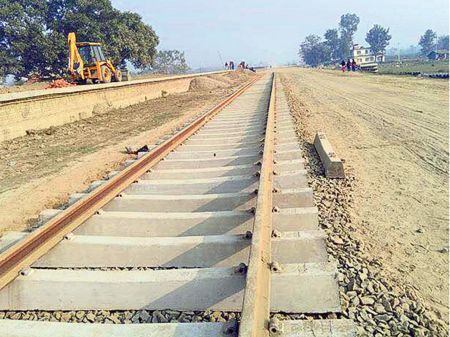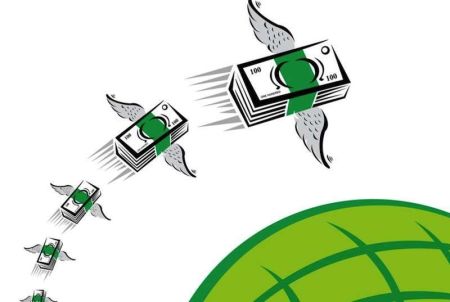
By Madan Lamsal
Fear of Futures Contracts
Bravo for a perspective which has understood business not as a risk taking game but an operation to be run in mercy and at the mark charted by the state.

If anything Nepal is scared of most at present is the futures contract of the commodities – every sector seems to be terror stricken by this fright. Dr Baburam’s government is shaken and equally confused in guiding another Baburam, who now heads regulatory authority SEBON, to take a further step on this trade. SEBON is frightened apparently, so that it is deliberately delaying to introduce the regulation. Financial sector is fearful in reading our media portrayal that the commodity exchanges are allegedly facilitating massive capital flights. Investors are not ready to invest, and exchanges themselves, about a dozen of them, fear bankruptcy and government wrath – two blows at once. So much so, the writers of a report, which is the root cause of this entire fuss, are even more terribly frightened to find how their very first experience of learning to write a serious report is faced with a hard rock.
In fact, there is no surprise element in this. Nepalis are culturally averse to the very concept of contracts of any type. Take some examples, we recently sent out the contractor of Melamchi project. Our national flag carrier is at the verge of collapse for failing to strike a contract to purchase an aircraft. People even at the grassroots are determined to stop any development project that has potentials to be contracted. Trade unions resisted the introduction of the employment contract in manufacturing and services sectors. Therefore, much of the hue and cry over the commodities futures markets comes from our inherent disgust to contracts than anything serious like growing risk in investment, i.e. losing money, or even the capital flight.
True that some feel that trading in the futures markets is like gambling in casinos. But still, Nepalis have not stopped going into casinos even knowing that it is absolutely illegal and there is well over 95% chance of losing money. But futures are not casinos; they are just ‘like’ them, as monkey is like man.
This also implicitly means that other investments are not like casinos but they are like bank deposits with 200 percent guarantees of annual interest. This would also mean that thousands of investors in the Nepali stocks are in merry-making mood, thousands of industrialists and businessmen are making enjoying an impressive rate of return on their investment now. And, in a nutshell, Nepali economy except for the commodities futures market is stainless and trouble free. Bravo for a perspective which has understood business not as a risk taking game but an operation to be run in mercy and at the mark charted by the state.
The flight of the capital, of course, there has been. Look at the rate of exchange for Rs100 Indian currency against Rs 168 in the ‘open’ black market. Despite the revered central bank’s repeated assurances that they have big pile of foreign currency reserves, no bank is able to give you more than 200 dollars in cash notes against your travel documents’ entitlement of 2,500 USD. This proves that every convertible currency available is flying away. But, all this has happened when the transactions in these futures exchanges got virtually halted. So, such flight must have taken place through tunnels and trenches dug during the jungle warfare by the brothers and sisters of Mao, Lenin and Che Guevara, who incidentally are now in government. And they only know for sure where exactly these holes, tunnels and trenches exist.
Again, coming back to the culture, the commodity exchanges should take into consideration that we Nepali firmly believe in -- the on-the-spot delivery of things. When a political party or a trade union asks for ‘donation’, it must be given then and there, otherwise your life may be delivered to God on-the-spot. If you buy or sell house or land or car, you must give or take physical cash – no cheques, no drafts. Even the government official concerned wants to be witness to such delivery. No one believes that he or she is owner of, say, a kilo of gold bought online, if the person cannot materially touch it. May be, these futures exchanges also have to physically deliver something in exchange of a regulation that they are demanding it for so long.






















